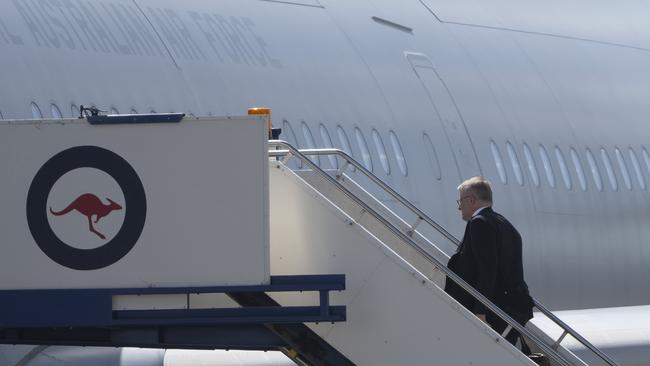
He said seven times that he was “catching up” with various leaders, from presidents Joe Biden and Xi Jinping to Papua New Guinea Prime Minister James Marape. “I really look forward to forging new relationships in Australia’s national interest, but also renewing relationships and cementing them as well,” Albanese said
While catching up and cementing is the order of the day, Albanese was silent on the content of what he would be saying and doing.
That’s the puzzle of this visit; indeed, of much of Albanese’s foreign policy. It is marked by an absence of depth and content.
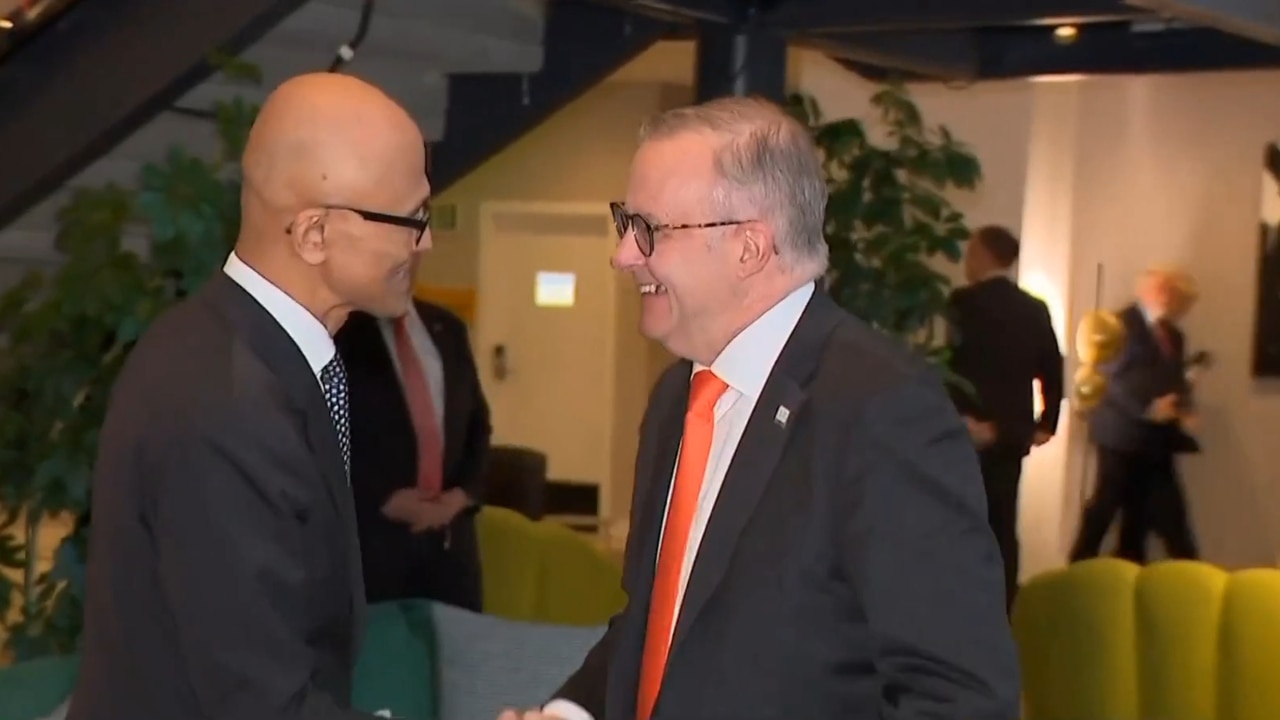
To test that, contrast the Prime Minister’s media statements issued before this APEC meeting and the one released at the November 2022 meeting in Bangkok.
In San Francisco, the 2023 media statement says: “The Prime Minister will advance Australia’s priorities of free and open rules-based trade in the region, supply chain resilience, and sustainable and inclusive economic growth.”
In Bangkok a year earlier, the Prime Minister “emphasised the importance of a rules-based, free and open trade and investment environment that will support economic recovery and the strengthening of supply chains”.
The statements are bland, completely interchangeable and utterly free of substance beyond repeating buzzwords.
In San Francisco, Albanese was asked what messages he had for global leaders about the Middle East conflict. His answer: “And we do need to, I think, begin to have discussions about what happens in the future in that region, in Gaza.”
I cannot imagine a previous prime minister – going back to Bob Hawke, Paul Keating, and John Howard, and their successors – who would have arrived at an APEC without an Australian “10-point plan” or similarly titled piece of paper, setting out an agenda for the meeting to address the big economic and strategic problems of the day.
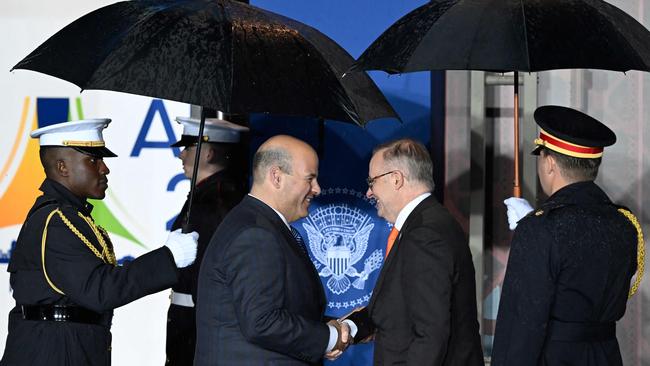
With Japan’s close involvement, Hawke proposed the creation of the grouping in the late 1980s. In 1992, Keating persuaded the APEC partners to lift the meeting to heads of government level.
Keating wrote in 2001: “Behind APEC’s economic superstructure stands a silent strategic sentinel.” That is a brilliant characterisation – from a rather quirky ex-prime minister – of what APEC could be.
Howard famously used the APEC meeting in Auckland in September 1999 to get Bill Clinton’s backing for the stabilisation force about to deploy into East Timor. Other countries were persuaded at the meeting to join the military coalition.
Howard wrote: “This particular meeting was another example of how the occasion of international meetings provides the opportunity for leaders to resolve issues in separate “corridor” discussions, often quite unrelated to the formal agenda of the meeting.”
Australian leaders have intelligently used APEC for much of the group’s 30-year history to assert our own strategic leadership credentials. This approach is not on display in 2023.
Instead, we have “catching up” and “cementing”, and the dimmest of perceptions that, maybe, this is the time to “begin to have discussions about what happens in the future” in Gaza.
Albanese could have tasked his officials weeks ago to start shaping what a peace process or post-conflict stabilisation mission might have looked like for Gaza. This potentially could have been a welcome contribution, the type of initiative that a friend of Israel might want to bring to the table.
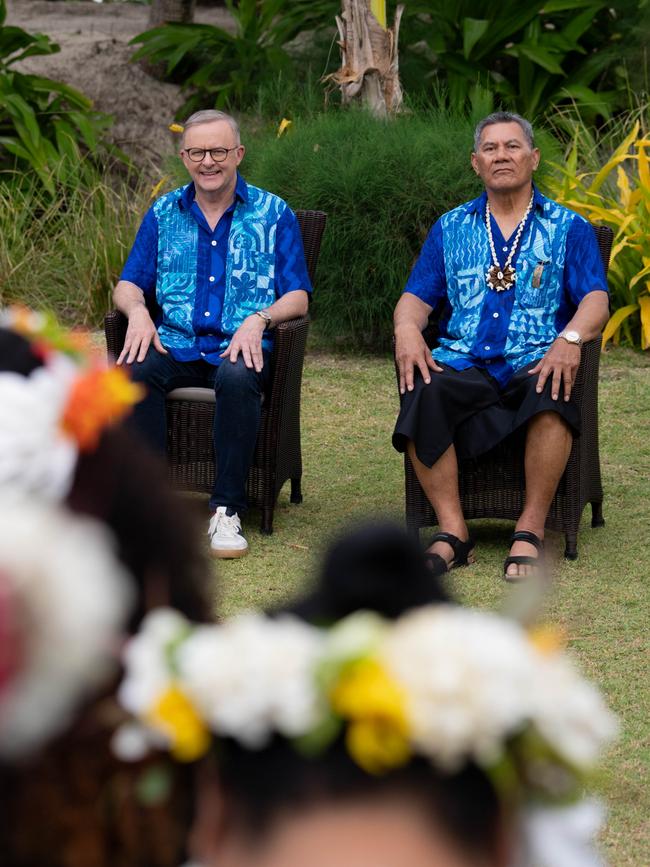
This passive approach plays out across many foreign policy areas – which, quite bizarrely, is called “statecraft” by some in DFAT. Barely halfway through his first term and Albanese looks like a spectator at his own parade.
For a contrast in approach, consider President Biden’s meeting with Xi Jinping and the detailed White House “read out” of the meeting. What is striking is the precise way that Biden sets out US differences with China even as they identify areas for co-operation.
Beyond agreeing the value of talking and the promise of more talks, we have no similar level of clarity around Australia’s agenda for engaging China.
Following a meeting yesterday with Microsoft, Albanese announced a “decision to explore the safe and responsible use of generative artificial intelligence (AI) in the public service in partnership with Microsoft.”
It is claimed this will make Australia “one of the first governments in the world to deploy generative AI service.” One can only hope this proposal has been more carefully considered than many complex policy issues in Canberra.
The respected US-based Centre for AI Safety judges that “AI risk has emerged as a global priority, ranking alongside pandemics and nuclear war. Despite its importance, AI safety remains remarkably neglected, outpaced by the rapid rate of AI development.”
With the many challenges the Albanese government faces, does it really want to be “one of the first governments in the world” to apply generative AI into the public service? I would advise extreme caution and wide consultation.


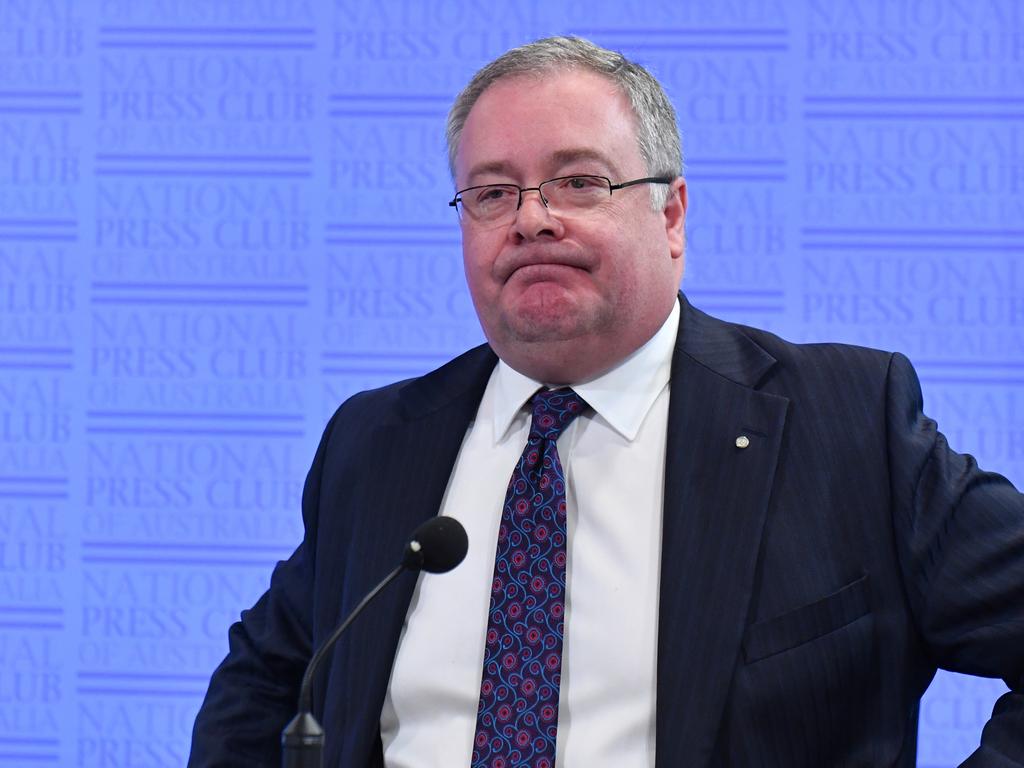
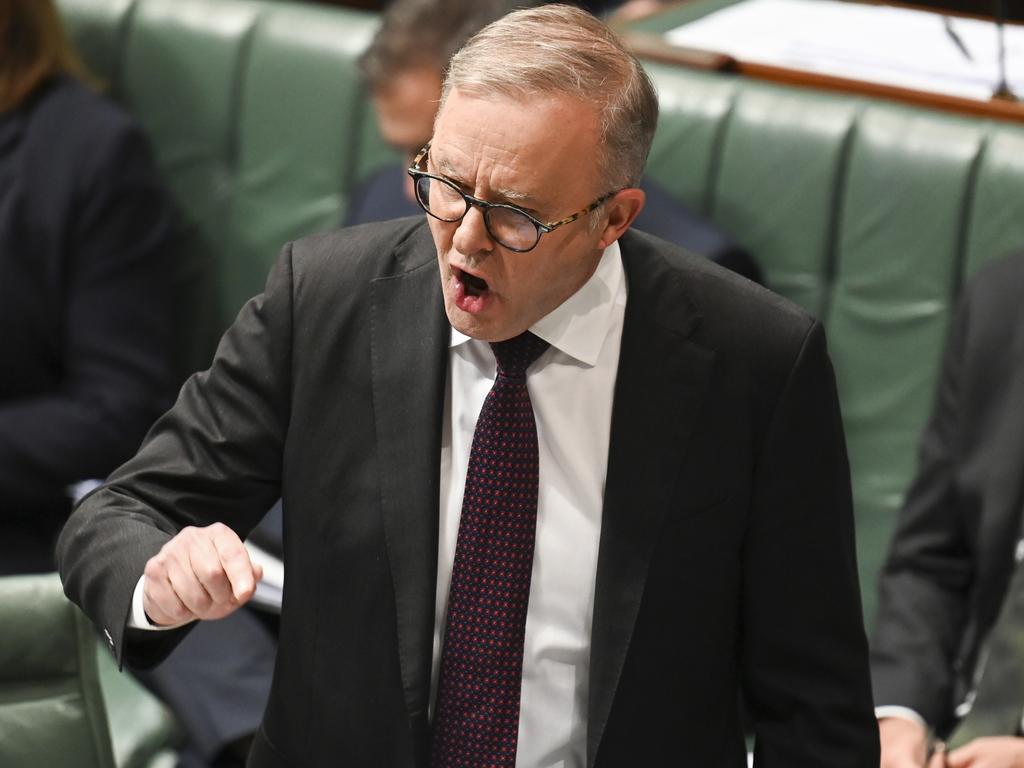



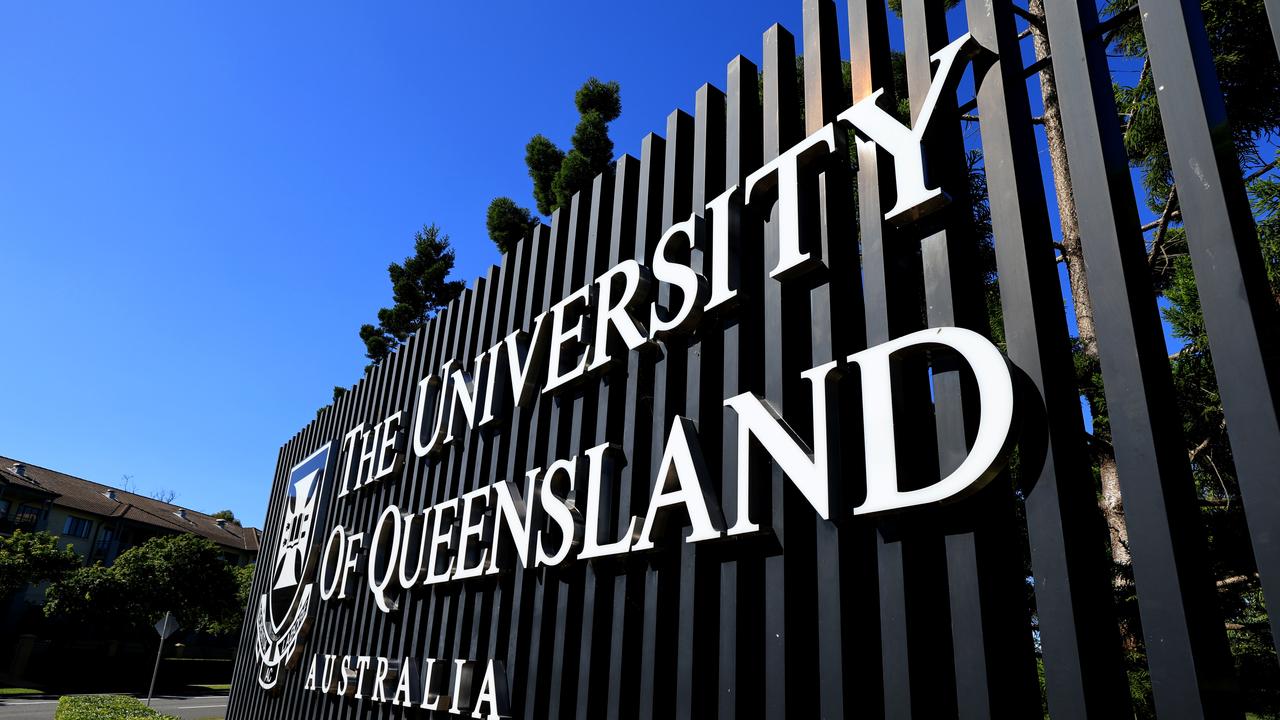
In a brief media doorstop after arriving in San Francisco, Anthony Albanese used the word “important” 11 times to describe his visit and the necessity of attending APEC.